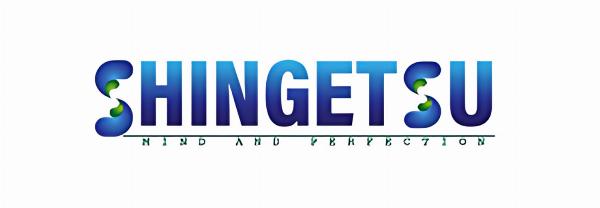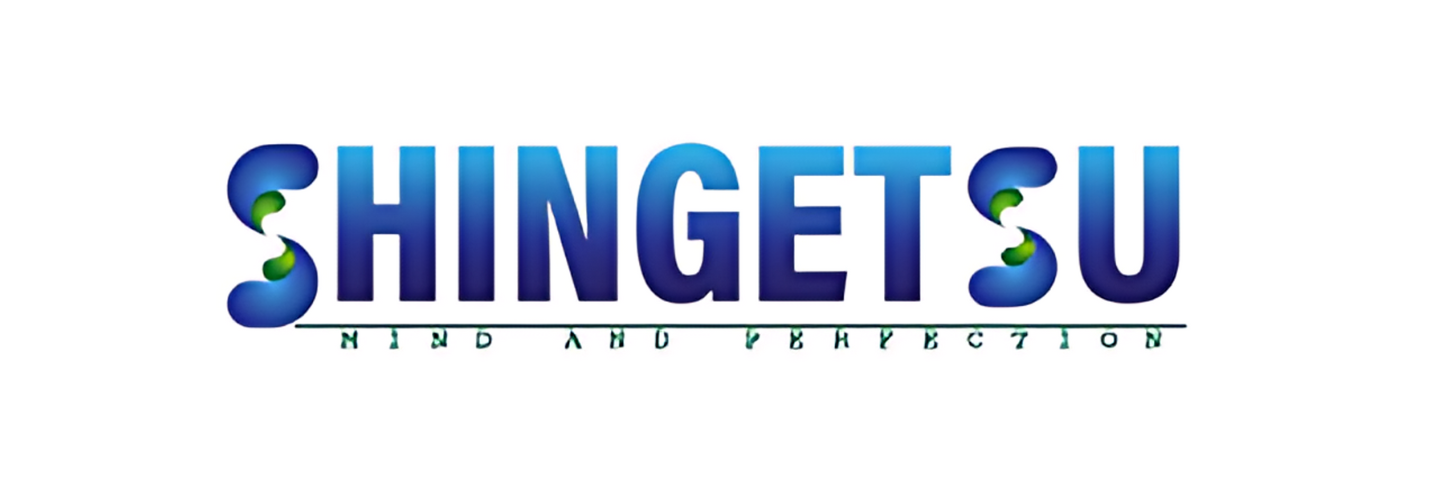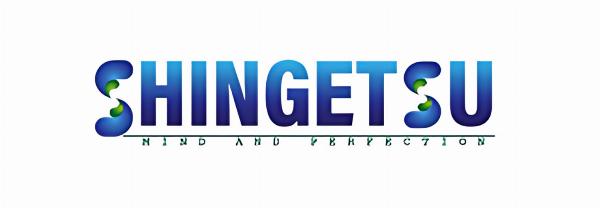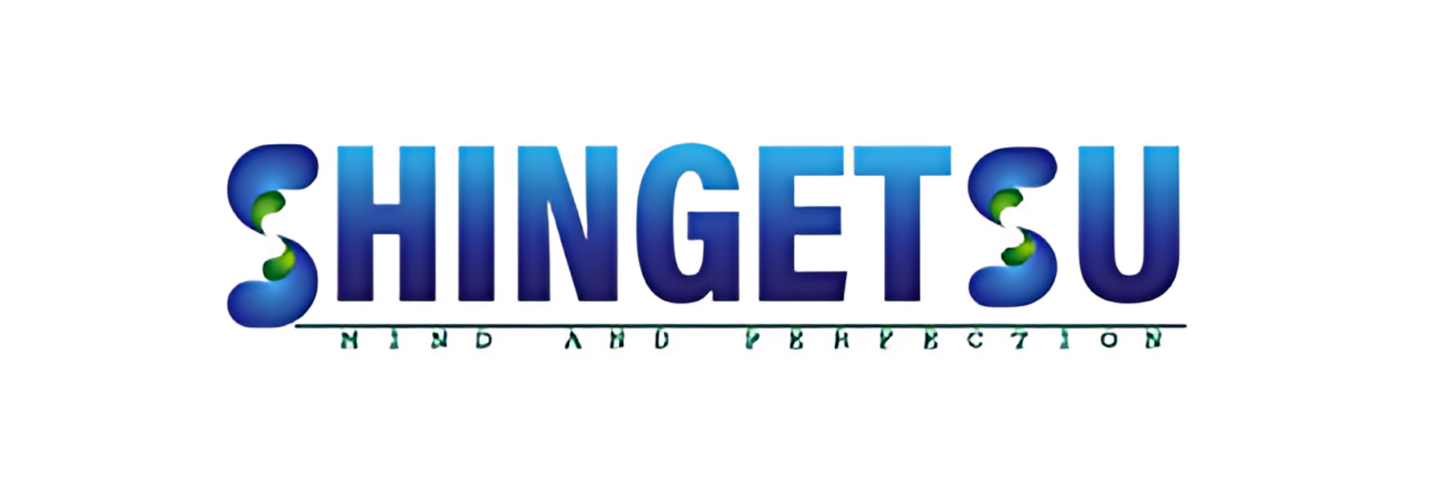 On-Page SEO Optimization – Fix Hidden Errors Killing Rankings!
On-Page SEO Optimization – Fix Hidden Errors Killing Rankings!
Why Is the Thyroid Function Tests Market Growing So Rapidly?
Written by Shingetsu Research » Updated on: June 17th, 2025

The Growing Demand for Thyroid Function Tests
Thyroid function tests (TFTs) are essential diagnostic tools in the healthcare sector. These tests measure the levels of thyroid hormones in the bloodstream, which can help identify thyroid-related disorders. Thyroid function tests are used worldwide to detect conditions such as hypothyroidism and hyperthyroidism, with tests like T3, T4, TSH, and T3RU being commonly performed. As global awareness of thyroid health increases, the demand for thyroid function tests is also on the rise, contributing to the market's rapid growth.
What is Driving the Growth of the Thyroid Function Tests Market?
The global thyroid function tests market was valued at USD 1,195 million in 2019, with expectations to reach USD 1,809 million by 2027, growing at a CAGR of 5.5%. Several factors are contributing to this growth. Increasing incidences of thyroid disorders and autoimmune diseases, such as Grave's disease and Hashimoto's disease, are driving the demand for these tests. Additionally, the rising prevalence of hypothyroidism, particularly among individuals with diabetes and hypertension, is also expected to spur market growth in the coming years.
Moreover, the expansion of healthcare infrastructure in developing countries, growing awareness about thyroid disorders, and improved access to diagnostic laboratories are further fueling the market's growth. The increasing public-private funding for screening activities and advancements in diagnostic technologies are expected to keep the market on an upward trajectory.
Key Drivers of the Thyroid Function Tests Market
1. Rising Prevalence of Thyroid Disorders
The growing number of people diagnosed with thyroid disorders, especially in pregnant women, is a major driver. During pregnancy, thyroid function tests play a crucial role in monitoring thyroid hormone levels to ensure healthy pregnancy outcomes. This increasing demand is expected to push the growth of the thyroid function tests market in the near future.
2. Advancements in Diagnostic Technologies
The development of more advanced technologies, such as Chemiluminescence Immunoassay (CLIA) and Electrochemiluminescence techniques, is further enhancing the accuracy and efficiency of thyroid function tests. These innovations make it easier to diagnose thyroid-related diseases, thus increasing the adoption of TFTs globally.
3. Government and Private Funding for Health Screenings
More governments and private institutions are investing in health screenings, especially for thyroid disorders. This is due to growing awareness of the importance of early diagnosis. For instance, there are more campaigns focused on thyroid health, particularly in developing nations where the demand for screening services is rising.
4. Increased Healthcare Expenditure
With the rise in healthcare expenditure, more diagnostic centers and hospitals are offering thyroid function tests. This expansion of medical facilities is helping meet the growing demand for these tests, particularly in emerging markets like Asia Pacific.
Market Segmentation
The thyroid function tests market can be segmented into different types, end-users, and regions. Let's explore each of these segments.
Type of Tests
1. TSH Tests
The Thyroid Stimulating Hormone (TSH) test is one of the most widely performed thyroid function tests. It is the preferred choice for healthcare professionals due to its minimal risk, affordability, and effectiveness in detecting thyroid dysfunction. This segment is expected to witness the highest growth in the coming years, as TSH testing is widely available in healthcare centers.
2. T4 and T3 Tests
The T4 (Thyroxine) and T3 (Triiodothyronine) tests are critical for diagnosing thyroid diseases. The increasing prevalence of hyperthyroidism, especially among women, is expected to drive the demand for T4 tests. As these conditions become more common, the need for accurate testing and early detection grows, further supporting the market.
3. Other Tests
Other thyroid tests, such as free T3, reverse T3, and T3RU, also contribute to the overall market. These tests help measure the thyroid's functionality and determine the cause of thyroid imbalances.
End-User Segmentation
1. Hospitals
Hospitals are projected to dominate the thyroid function tests market by 2027. The rising number of hospitals offering thyroid screening, particularly in regions with increasing healthcare investments, is one reason for this. The demand for early diagnosis of thyroid conditions is contributing to the growth of this segment.
2. Diagnostic Laboratories
Diagnostic laboratories represent the largest share of the thyroid function tests market. These labs play a crucial role in providing accurate and timely test results to healthcare providers. With the rise in public health awareness about thyroid disorders, diagnostic laboratories are seeing higher demand.
3. Research Laboratories and Institutes
Research laboratories are also key players in the thyroid function tests market. Research institutes conduct various studies and trials to improve the accuracy and efficiency of thyroid testing. As more research focuses on thyroid disease prevention and treatment, these labs contribute to the growth of the market.
Regional Analysis
The thyroid function tests market is also divided by region, with North America, Europe, and Asia Pacific leading the charge.
1. North America
North America is expected to witness considerable growth between 2020 and 2026. The region benefits from advanced diagnostic technologies, robust healthcare infrastructure, and leading industry players offering innovative thyroid function tests. Additionally, the increasing healthcare expenditure and high public awareness are also contributing to the market growth in North America.
2. Asia Pacific
The Asia Pacific region is expected to capture a significant share of the thyroid function tests market by 2027. With a large patient population, rapidly improving healthcare infrastructure, and growing healthcare expenditures in countries like China and India, the demand for thyroid function tests is increasing. Additionally, the rising number of geriatric patients in these countries is further driving the need for thyroid health screenings.
Challenges in the Thyroid Function Tests Market
Despite the many drivers, the thyroid function tests market faces certain challenges. One major issue is the lack of awareness in some underdeveloped nations, which limits the adoption of thyroid screenings. Another challenge is the variation in reference ranges for thyroid tests, which can lead to inconsistencies in results and misdiagnosis. Furthermore, the high cost of some advanced testing technologies may also restrict access to these tests in certain regions.
Key Competitors in the Thyroid Function Tests Market
Several major players dominate the global thyroid function tests market. These include:
• Abbott Laboratories
• F. Hoffmann-La Roche AG
• Thermo Fisher Scientific
• DiaSorin
• Danaher Corporation
• Biomerieux
• Merck KGaA
• Cortez Diagnostics Inc.
These companies are focusing on innovation, product development, and strategic partnerships to expand their presence in the market. They are investing in advanced diagnostic technologies to offer more accurate and efficient thyroid testing.
Conclusion
The thyroid function tests market is experiencing significant growth, driven by increasing thyroid disorder prevalence, advancements in diagnostic technology, and rising healthcare awareness. As healthcare systems improve globally, the demand for thyroid function tests is expected to continue growing, particularly in regions like North America and Asia Pacific. With innovations in testing technologies and increased investments in healthcare infrastructure, the market is poised for substantial expansion in the coming years.
For more insights into the thyroid function tests market, check out this detailed market report.
Note: IndiBlogHub features both user-submitted and editorial content. We do not verify third-party contributions. Read our Disclaimer and Privacy Policyfor details.
Copyright © 2019-2025 IndiBlogHub.com. All rights reserved. Hosted on DigitalOcean for fast, reliable performance.
















